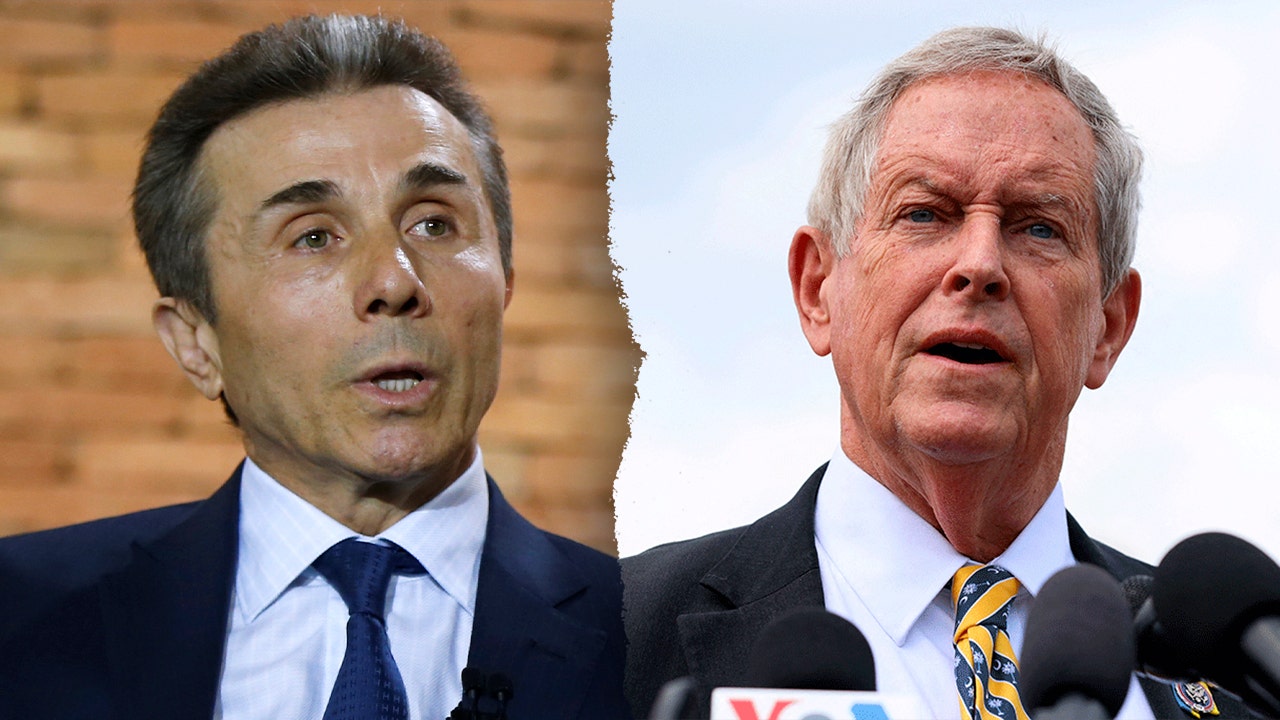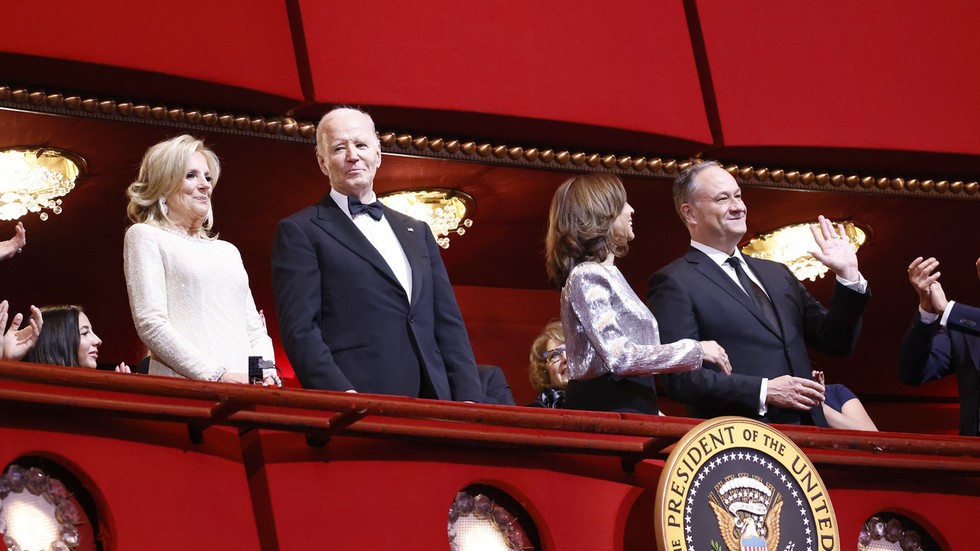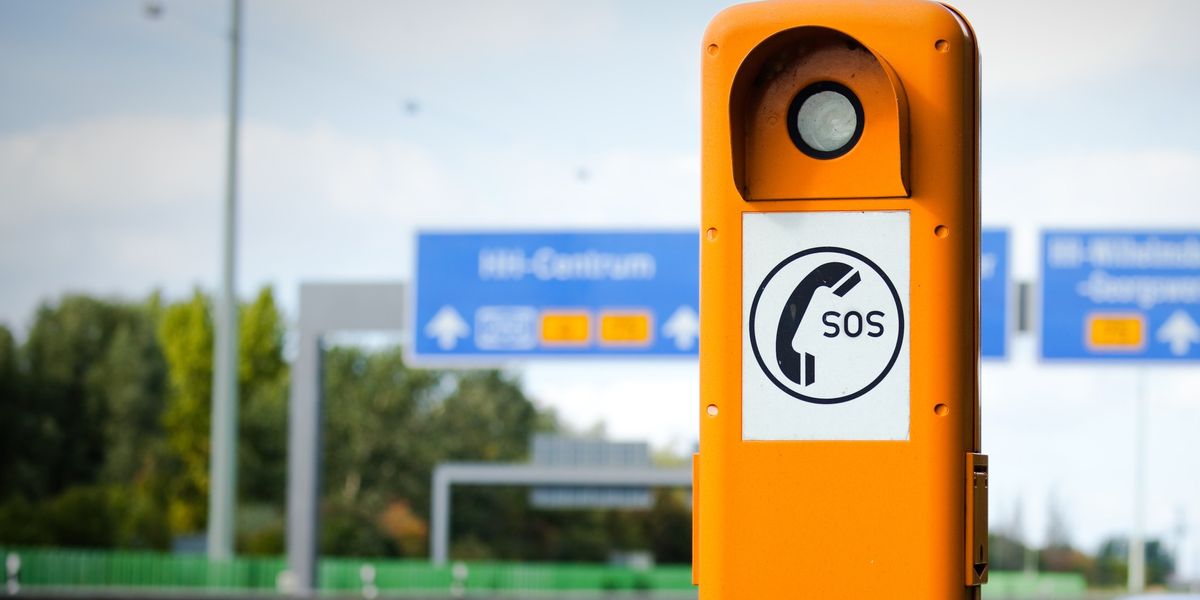The Talmud says that on Hanukkah, we celebrate the miracle of the oil. Secularists claim the essence of Hanukkah is to celebrate the Maccabean victory.
By STEWART WEISS DECEMBER 29, 2024 10:00 An illustrative image of a Hanukkah menorah (hanukkiah) being lit in Israel.
(photo credit: FLASH90)
An illustrative image of a Hanukkah menorah (hanukkiah) being lit in Israel.
(photo credit: FLASH90)
“For the miracles, the redemption, the acts of courage, and the salvations, and for the wars that You performed for our ancestors in those days, and at this time.” – “Al Hanissim” Hanukkah prayer
Arguably the most beloved of all Jewish holidays, Hanukkah has something for everyone.
Kids love it because they’re generally out of school and collect daily doses of presents and Hanukkah gelt (money, which some say began as a reward for good grades in their studies, now at mid-term break).
Adults love it because it’s bright and light and the year’s only Jewish holiday that has essentially no religious restrictions whatsoever. And for those on a weight-gain diet, a sufganiya (doughnut) a day “helps those calories stay.”
But, of course, there is a deep and powerful message beyond the frivolities. Hanukkah, at its core, is the celebration of miracles – as the above prayer affirms – both then and now. Yet exactly which miracles are being referred to is the subject of much debate.
While Hanukkah, unlike most other Jewish holidays, does not have its own Talmudic book, the reason behind its celebration is referenced in tractates Ta’anit and Shabbat:
“When the Greeks entered the Sanctuary [of the Temple], they defiled all the oils there. When the Maccabean monarchy overcame them and emerged victorious, they searched and found only one cruse of oil with the seal of the High Priest, undisturbed by the Greeks. And there was sufficient oil there to light the Menorah for only one day.
“A miracle occurred, and they lit the Menorah from it for eight days. The next year, the Sages instituted those days and made them holidays, with the recitation of Hallel [a celebratory prayer] and special thanksgiving in prayer and blessings.”
Here, the emphasis is on the miraculous “staying power” of the oil, with barely a mention of the war fought against the Syrian-Greeks. Yet in the rather lengthy prayer we recite each day of Hanukkah, there is no mention of the oil miracle and only a passing reference to the kindling of the menorah.
The majority of the text waxes poetic about the military victory, referencing “the triumph of the weak against the mighty, the few against the many, the pure over the impure, and the righteous over the wicked.”
Stay updated with the latest news!
Subscribe to The Jerusalem Post Newsletter
Historically, this disparity has led to yet another religious vs secular debate. The more observant will claim that the real essence of Hanukkah is the science-defying, heaven-sent longevity of the little jar of oil. After all, this is the exclusive message of the Talmud, our authoritative source of spiritual knowledge.
But the secularists will insist that it was the hard-fought, on-the-ground battle of our valiant soldiers that delivered this amazing rout of the enemy and the restoration of Jewish sovereignty over the land.
In fact, as tour guide and historian Avishai Landau points out, early pioneers in the state – looking to enhance the image of the “New Jew”– took God out of the equation altogether in Hanukkah songs like “Yimei Hanukkah” (“The Days of Hanukkah”) and “Anu Nosim Lapidim” (“We Carry Torches”). These songs substituted “Maccabee” for “the Almighty” when assigning praise and credit for the victorious campaign against the Greeks.
The more subtle miracle of Hanukkah
I SUGGEST that both sides are right – and wrong. The Talmud focuses on the openly miraculous aspect of Hanukkah because it was composed in the era of outright miracles, an era replete with countless tales of supernatural events: Honi the “Circle-Drawer” boldly demanding – and receiving – rain during a drought; a widower given breasts to milk his newborn baby; Rabbi Chanina ben Dosa causing vinegar to burn like oil; and many more such wonders.
However, by the time the Anshei Knesset Hagdola (those of the Great Assembly) and others compiled the prayers, miracles were couched within natural events and no longer blatantly, spectacularly outright.
But that in no way suggests that miracles no longer happen or that we are unworthy of them occurring. In fact, many would argue that it is precisely because we have advanced to a higher level of sophistication that miracles are now “hidden.”
When we emerged from Egyptian servitude and were demoralized and depressed, we needed graphic deviations from the natural course of events – such as the ten plagues, the splitting of the sea, and the manna from heaven – to restore our self-confidence as the Chosen People.
But as we became more self-assured and secure of our standing with God, we no longer necessitated such obvious divine intervention.
Today, having witnessed the events of the past year, I would say that to be considered a realist, one must believe in miracles and acknowledge the almost continuous flow of mind-bending events.
Could a tiny country such as ours bring to its knees not one but several mighty nations in the blink of an eye, proudly planting our flag on the soil of three hostile neighbors?
Could any other country absorb almost daily rocket attacks and still see immigrants clamoring to move here, even as real estate prices climb?! Is this “normal”?!
The massive yet failed Iranian midnight rocket assault, the decimation of Syria’s ability to wage war, the marvel of Yom HaBeeperim – it’s exhausting just trying to keep up with the flow of the miracles sailing rapidly past us.
Many celebrated Renaissance paintings in the great museums of Europe display angels hovering above armies as they wage historic battles. Clearly, this reflects Jewish religious thought as well, dating back as far as Moses, who dramatically raised his hands to the sky as Joshua overcame the enemy Amalekites in war. Moses signaled to the soldiers that, yes, we must actively take up arms and fight, but if our cause is worthy, God – our partner – will bless us with victory.
Hanukkah is the winter holiday; it comes at a time of long, cold nights when sunlight is in short supply. It will be a long time until our next holiday, Purim, arrives on the scene. It also, historically, is the last national holiday and military success we would experience as a people for 2,000 years until the State of Israel was miraculously reborn.
So the lights of that little menorah, that hanukkiah, had to illuminate our path through the interminable darkness, and light our way toward redemption. Because we never let that light go out, because we believed in God, ourselves, and our grand destiny, we would survive – against all odds – the vicissitudes of history and reach this amazing point in our national lives.
Clearly, we are unique; we are blessed with wonders. Sometimes we become oblivious to all that. But if we take a step back and try to see the light, we may discover that the miracles we don’t see are the greatest miracles of all.
The writer is director of the Jewish Outreach Center of Ra’anana. rabbistewart@gmail.com

 By The Jerusalem Post (World News) | Created at 2024-12-29 08:30:06 | Updated at 2025-01-01 01:51:56
2 days ago
By The Jerusalem Post (World News) | Created at 2024-12-29 08:30:06 | Updated at 2025-01-01 01:51:56
2 days ago








